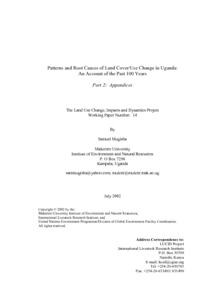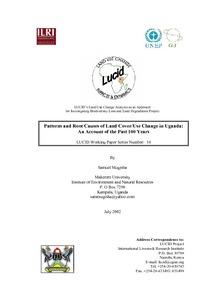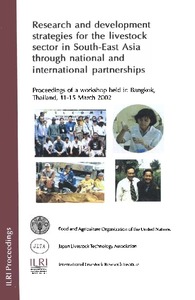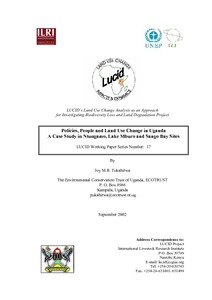Location
Vision, mission and strategy
ILRI's strategy 2013-2022 was approved in December 2012. It emerged from a wide processof consultation and engagement.
ILRI envisions... a world where all people have access to enough food and livelihood options to fulfil their potential.
ILRI’s mission is... to improve food and nutritional security and to reduce poverty in developing countries through research for efficient, safe and sustainable use of livestock—ensuring better lives through livestock.
ILRI’s three strategic objectives are:
- with partners, to develop, test, adapt and promote science-based practices that—being sustainable and scalable—achieve better lives through livestock.
- with partners,to provide compelling scientific evidence in ways that persuade decision-makers—from farms to boardrooms and parliaments—that smarter policies and bigger livestock investments can deliver significant socio-economic, health and environmental dividends to both poor nations and households.
- with partners,to increase capacity among ILRI’s key stakeholders to make better use of livestock science and investments for better lives through livestock.
This is ILRI’s second ten-year strategy. It incorporates a number of changes, many based on learning from the previous strategy (2000–2010, initially produced in 2000 and modified in 2002), an interim strategy (2011–2012) and an assessment of the external and internal environments in which the institute operates.
Members:
Resources
Displaying 876 - 880 of 1152Role of policies and development interventions in pastoral resource management: the Borana rangelands in southern Ethiopia
The Borana rangelands of southern Ethiopia are characterised by extensive livestock production in response to the area?s natural characteristics - aggregate mean rainfall ranges between 300 and 900 mm per annum with high seasonal and inter-annual variability. Though traditionally transhumant pastoralists, the Boranas have recently increased their reliance on crops, with evidence of communal pastures becoming either privatised, or accessible to only a small sub-group of individuals or households.
Root causes of land cover/use change in Uganda: an account of the past 100 years. Part 2
Root causes of land cover/use change in Uganda: an account of the past 100 years
Research and development strategies for the livestock sector in South-east Asia through national and international partnerships. Proceedings of a workshop
This conference proceeding is divided in four major sessions, viz, regional overviews; technology and adoption processes; markets and smallholder participation; and food safety and quality quality. The overviews include ILRI, HOPEA (a regional small scale start-up project for household poultry enterprises in Asia); SEARCAR & D programme; Asia-Pacific region and other global studies.






